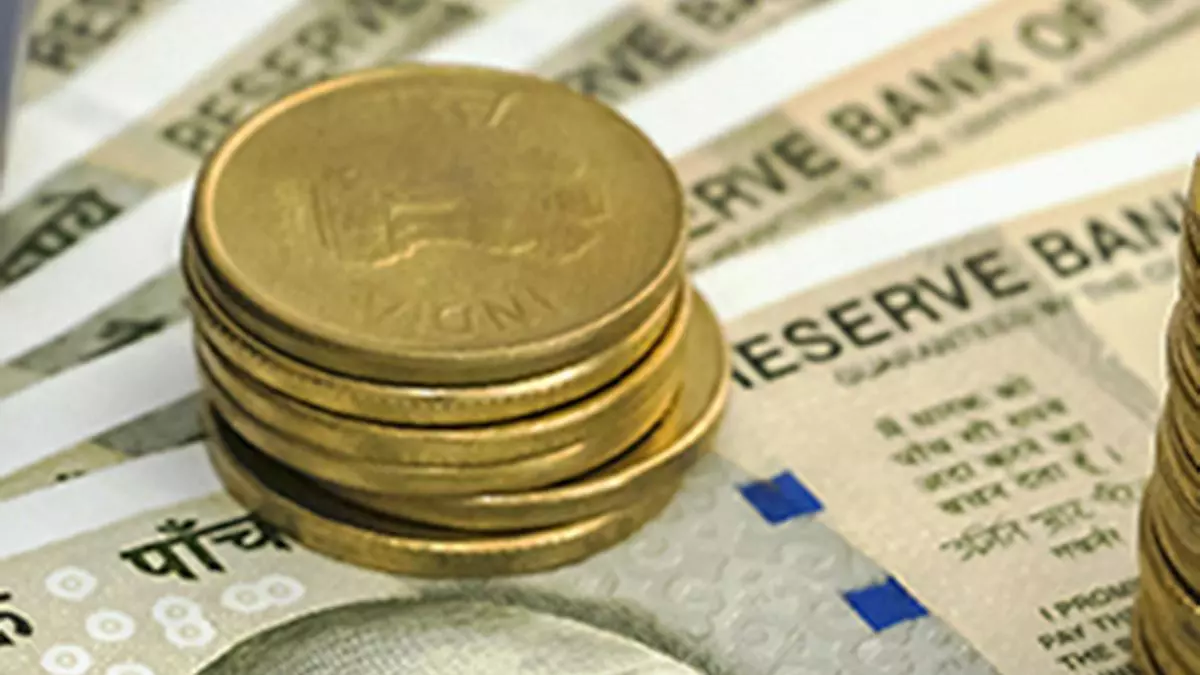The National Company Law Appellate Tribunal (NCLAT) on Thursday admitted the appeals filed by Meta Platforms and WhatsApp challenging the ₹213.14 crore penalty imposed by the Competition Commission of India (CCI) over WhatsApp’s controversial 2021 privacy policy. The Tribunal has now scheduled a detailed hearing on Meta’s plea for an interim stay on the CCI’s order on January 23, 2025.
At today’s hearing, Senior Advocates Kapil Sibal and Mukul Rohatgi, representing Meta, urged the Tribunal to grant an immediate stay, arguing that the CCI’s order is not only excessive but also encroaches upon matters pending before the Supreme Court of India.
They contended that WhatsApp’s data-sharing mechanism is already under judicial scrutiny, and enforcing the CCI’s directive could disrupt business operations and impact millions of users in India. However, the NCLAT refused to grant an immediate stay and instead fixed January 23 as the next date for arguments on interim relief.
Background: The case against WhatsApp’s 2021 privacy policy
In November 2024, the CCI imposed a ₹213.14 crore penalty on Meta and WhatsApp, citing abuse of dominant position in the instant messaging market. The regulator found that WhatsApp’s 2021 privacy policy update forced users to accept new terms that mandated data sharing with Meta’s other businesses (such as Facebook and Instagram), without offering a clear opt-out mechanism.
The CCI ruled that this was a ‘take-it-or-leave-it’ policy, coercing users to accept unfair terms to continue using the service. In addition to the monetary penalty, the regulator ordered WhatsApp to halt its data-sharing practices for the next five years and directed the company to offer users more transparent choices regarding their data.
Meta, however, has strongly opposed the CCI’s findings, arguing that the regulator has exceeded its jurisdiction by interfering in what is essentially a privacy-related matter, which should be decided under India’s data protection laws, not competition law.
Meta’s argument: CCI order ‘premature’ amid ongoing Supreme Court review
At today’s NCLAT hearing, Meta’s lawyers stressed that the privacy policy issue is already being reviewed by a Constitution Bench of the Supreme Court, which is examining broader concerns around data privacy, consent, and WhatsApp’s business model in India.
Meta further contended that India’s new Digital Personal Data Protection Act (DPDPA), which is set to take full effect by mid-2025, will govern data-sharing practices moving forward. Any enforcement of the CCI’s penalty now, they argued, would prejudge the matter and interfere with the upcoming regulatory framework.
“The DPDPA will provide a structured mechanism for handling such privacy issues. Until the framework is fully operational, applying competition law to penalize WhatsApp is both excessive and unnecessary,” Meta’s legal team submitted before the NCLAT.
What’s next? NCLAT to decide on interim relief on January 23
The NCLAT, after hearing Meta’s preliminary arguments, declined to grant an immediate stay on the CCI’s penalty and data-sharing ban. However, it agreed to conduct a detailed hearing on the interim relief plea on January 23.
Legal experts believe that if NCLAT grants a stay on the CCI’s penalty and restrictions, it would provide a major reprieve to Meta and WhatsApp. However, if the Tribunal refuses to suspend the order, the companies may have to seek urgent relief from the Supreme Court.
Wider implications: A global regulatory battle for Meta
This case is being closely watched, as it aligns with Meta’s global regulatory battles over data privacy and competition concerns. Across the EU, the US, and India, regulators have been tightening scrutiny on Big Tech’s data-sharing practices.
In India, this case is particularly significant because it tests the boundaries of competition law in regulating digital platforms. If upheld, the CCI’s order could set a precedent for future cases involving data-driven business models.
For now, Meta and WhatsApp are fighting a two-front legal battle—one at the Supreme Court on privacy concerns and another at the NCLAT over competition law violations. With the next crucial hearing set for January 23, the stage is set for a landmark decision on how India regulates Big Tech’s control over user data, competition law observers said.








Leave a Comment